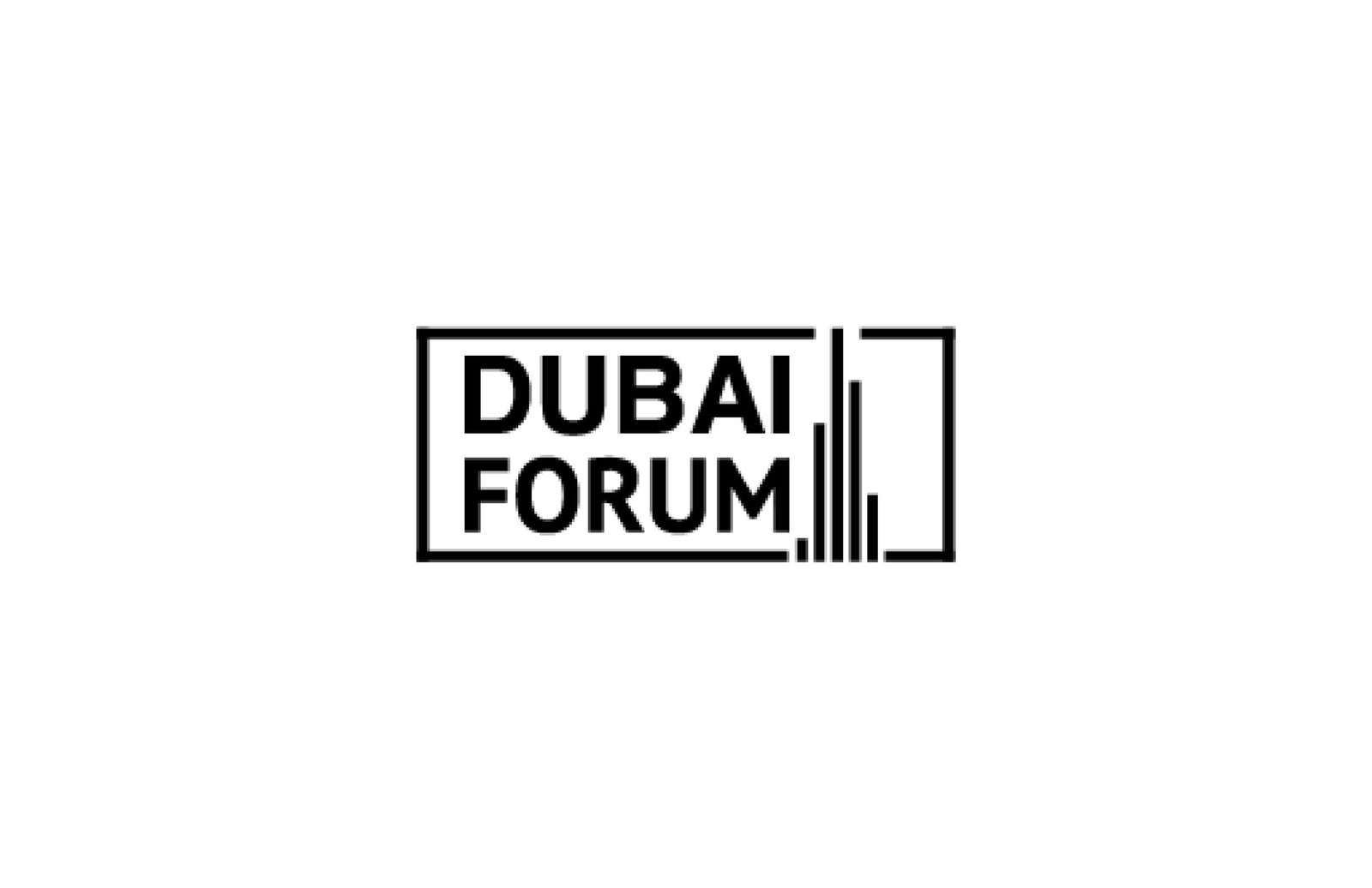Navigating the Changing Landscape of Business in Qatar: Opportunities and Challenges Ahead
As Qatar strides confidently into a new era marked by significant economic transformations, it finds itself at a crossroads, with both immense opportunities and formidable challenges on the horizon. The nation, which has long been recognized for its wealth derived from hydrocarbon resources, is now actively diversifying its economy, prioritizing sectors such as tourism, finance, and technology. This shift not only positions Qatar as an emerging hub within the Gulf Cooperation Council (GCC) but also raises critical questions about sustainable growth and socio-economic stability.
The Qatar National Vision 2030 serves as the framework guiding this transformative journey. Launched in 2008, this ambitious blueprint aims to reduce Qatar’s dependency on oil and gas by fostering a diverse and sustainable economy. By emphasizing human capital development, social equity, and environmental stewardship, the vision lays the groundwork for comprehensive and inclusive growth. Central to this endeavor is the drive to attract foreign investment and encourage entrepreneurship within the burgeoning startup ecosystem.
In recent years, Qatar has witnessed the emergence of various startups across different sectors, supported by initiatives from the government and private sector stakeholders. Organizations such as Qatar Development Bank (QDB) and the Qatar Science and Technology Park (QSTP) foster innovation and entrepreneurship by providing resources, mentorship, and funding opportunities. This supportive infrastructure aims to establish a robust entrepreneurial culture, essential for a thriving knowledge-based economy.
Nevertheless, the road to economic diversification is fraught with challenges. Foremost among these are regional geopolitical tensions and their potential impact on business sentiment. The blockade imposed on Qatar by its neighboring countries in 2017 forced the nation to adapt swiftly, ultimately encouraging self-sufficiency and local production. Although this adversity catalyzed innovation and economic resilience, it also highlighted the importance of a stable regional environment for continued prosperity.
In addition to geopolitical issues, Qatar’s labor market presents its unique challenges. The nation relies heavily on expatriate workers, who constitute approximately 90% of the workforce. While the influx of international talent has been instrumental in driving growth across various sectors, it also raises concerns regarding labor rights and the sustainability of this workforce model in the long term. Addressing these issues is vital for Qatar to enhance its global reputation as a favorable business destination while providing a stable environment for its residents.
In conjunction with workforce considerations, the need for a robust regulatory framework is essential. Efforts are underway to streamline procedures and reduce bureaucracy, ensuring a business-friendly environment that nurtures investment. However, as Qatar continues to navigate the delicate balance between regulation and innovation, stakeholders must remain vigilant against potential pitfalls that may arise from hastily implemented policies.
Moreover, sustainable development stands at the forefront of Qatar’s economic aspirations. The nation is increasingly focused on green initiatives, exemplified by the recent launch of the Qatar Green Building Council, which aims to promote sustainable architecture and urban development. As the world shifts toward eco-conscious practices, initiatives like these are crucial for guiding Qatar’s long-term strategy and enhancing its reputation on the global stage.
Another promising avenue for economic growth lies in the tourism sector, especially in light of Qatar’s hosting of the FIFA World Cup 2022. The event not only showcased Qatar’s capabilities but also enabled the country to invest significantly in infrastructure, hotels, and entertainment facilities. This influx of visitors will likely leave a lasting impact, catalyzing further investments in the hospitality and leisure sectors.
Ultimately, as Qatar strives to redefine its business landscape, collaboration between the public and private sectors will be essential. By fostering an environment that encourages innovation, respects labor rights, and embraces sustainability, the country can build a resilient economy capable of weathering future challenges.
In summary, the journey ahead for Qatar is filled with both promise and hurdles. With a clear vision and unwavering determination, the nation poised to emerge as a leading force within the GCC and beyond. As stakeholders—from policymakers to entrepreneurs—grapple with the complexities of this transformation, the pursuit of a diversified, sustainable economy remains the beacon guiding Qatar’s ascent on the global stage.
Tags: #Qatar #BusinessNews #EconomyNews

